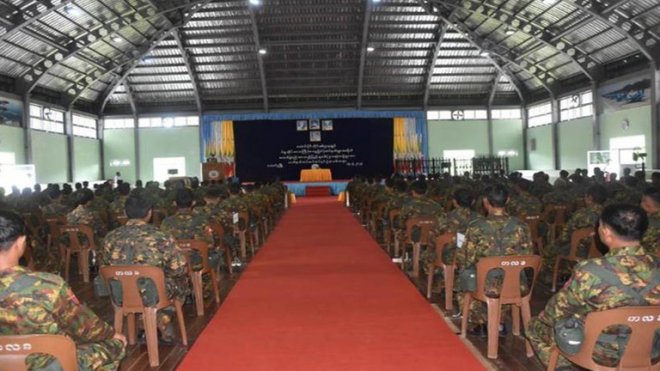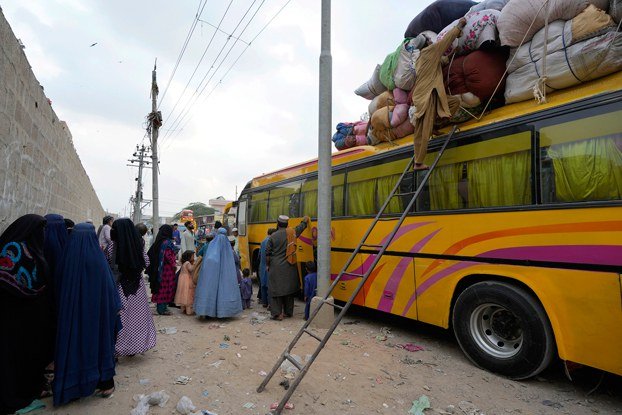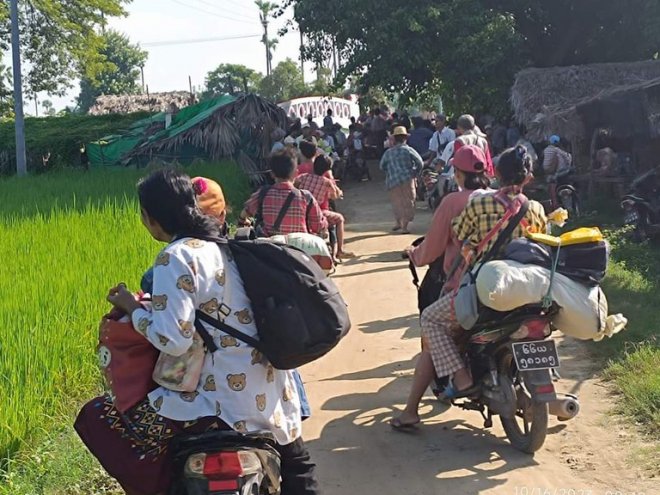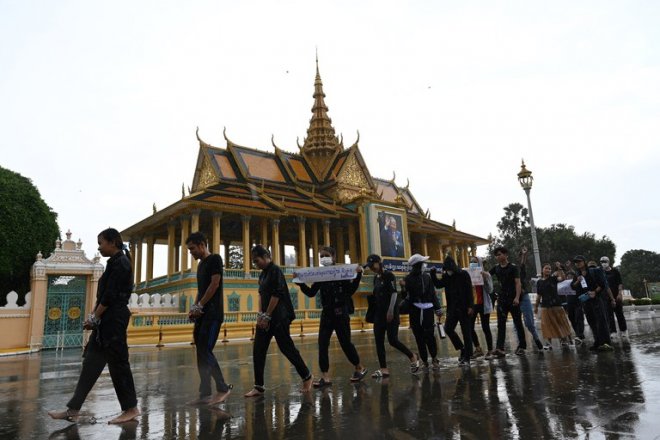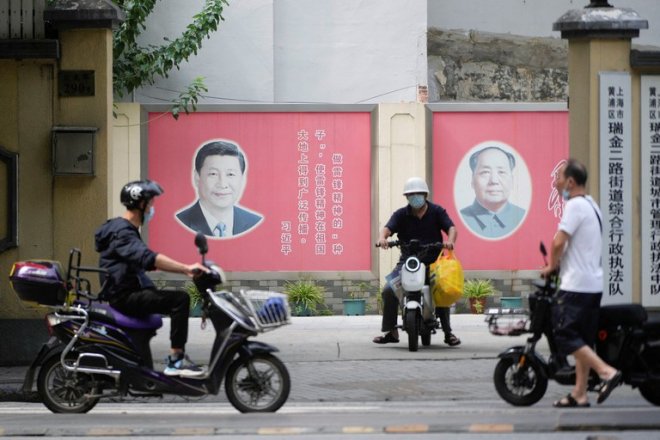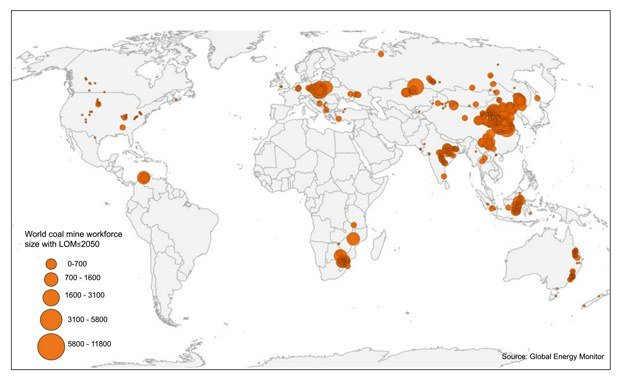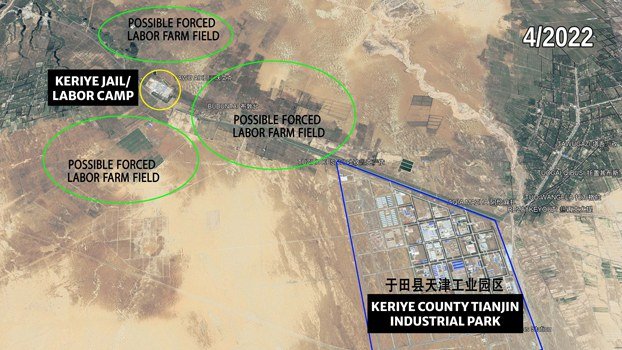Chinese authorities in Tibet go after relatives of self-immolating protestors
Chinese authorities are harassing and discriminating against relatives of Tibetans who protested against Chinese rule by setting their bodies alight going back to 2008, two sources in Tibet told Radio Free Asia.For example, students related to such protesters have been denied authorization to take university entrance exams, while others have been denied job opportunities, they say.
“There is a student here who is related to someone who self-immolated in 2013,” a source from Labrang (in Chinese Labuleng) told Radio Free Asia’s Tibetan Service.
”It is for that reason that the student was denied an authorization letter from the government to sit for a university admission examination, and therefore that student never got to go to university. I have witnessed it myself,” he said.
“Tibetans who took part in the 2008 unrest and also those related to people who were part of those protests are discriminated against in their job opportunities, schools and in other ways,” he said.
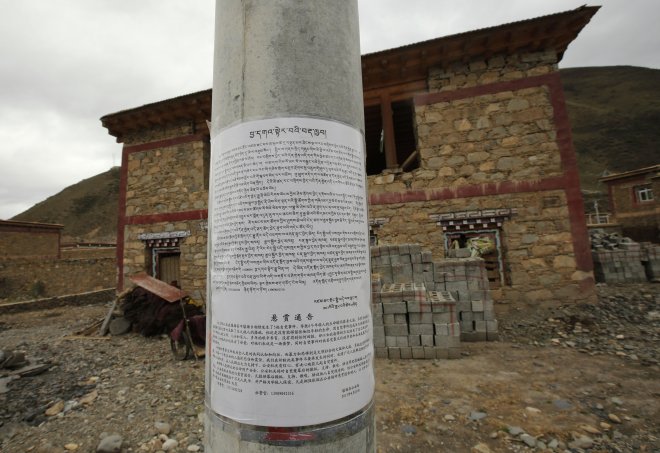 A notice about self-immolations, which also offers a reward of 100,000 yuan ($16,319) for information on those "masterminding, supporting, abetting and coercing others to self-immolate," is posted on a pole in the Tibet Autonomous Region of China in 2013. Credit: ReutersBeijing has been collecting detailed information on people who participated in pro-Tibet political activities, especially the 2008 anniversary of the 1959 Tibetan Uprising, when as many as 400 Tibetans were killed as Chinese authorities quelled major protests.
A notice about self-immolations, which also offers a reward of 100,000 yuan ($16,319) for information on those "masterminding, supporting, abetting and coercing others to self-immolate," is posted on a pole in the Tibet Autonomous Region of China in 2013. Credit: ReutersBeijing has been collecting detailed information on people who participated in pro-Tibet political activities, especially the 2008 anniversary of the 1959 Tibetan Uprising, when as many as 400 Tibetans were killed as Chinese authorities quelled major protests.Since 2009, more than 150 Tibetans have self-immolated to protest against repression from the Chinese communist government. Most of the self-immolations took place in the regions of Ngaba (Aba) and Labrang.
The Chinese government keeps the data about the protesters and their family members in an easily accessible online database.
Another Tibetan, from Ngaba, said that the Chinese government routinely harasses relatives of protesters.
“In 2022 the Chinese government continued to harass and scrutinize a Tibetan who is the nephew of someone who self-immolated from Ngaba,” the Ngaba source said. “He was charged with contacting people outside Tibet and sentenced to three years in prison. Following that his family members were denied all the government assistance that they were receiving”.
The government is even harsher on former political prisoners, the Labrang source said.
“They are constantly under scrutiny; their lives never go back to normal and they are also denied lodging when they travel to different places,” said the source.
“Tibetans who have been convicted of offenses that the Chinese government considers illegal are often discriminated against and denied access to proper medical care. They are also denied financial assistance from the government”.
Translated by Tenzin Dickyi. Edited by Eugene Whong and Malcolm Foster.
|
本篇 |
不想錯過? 請追蹤FB專頁! |
| 喜歡這篇嗎?快分享吧! |
相關文章
AsianNewsCast









